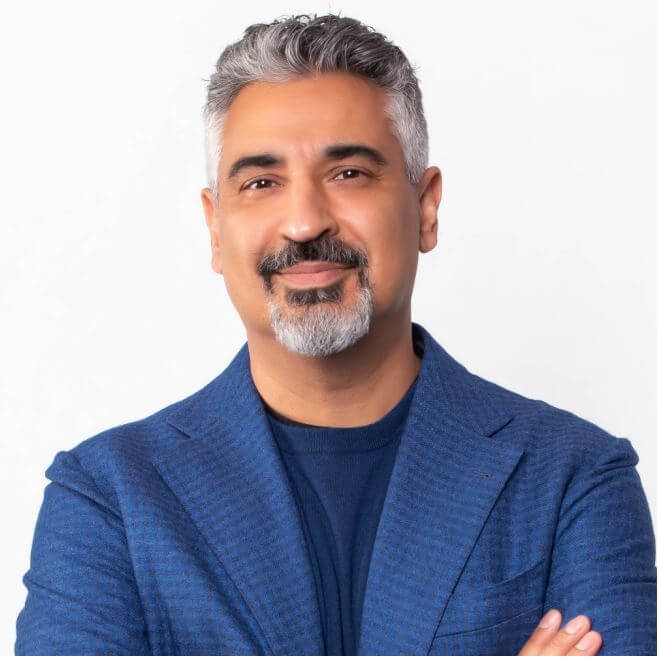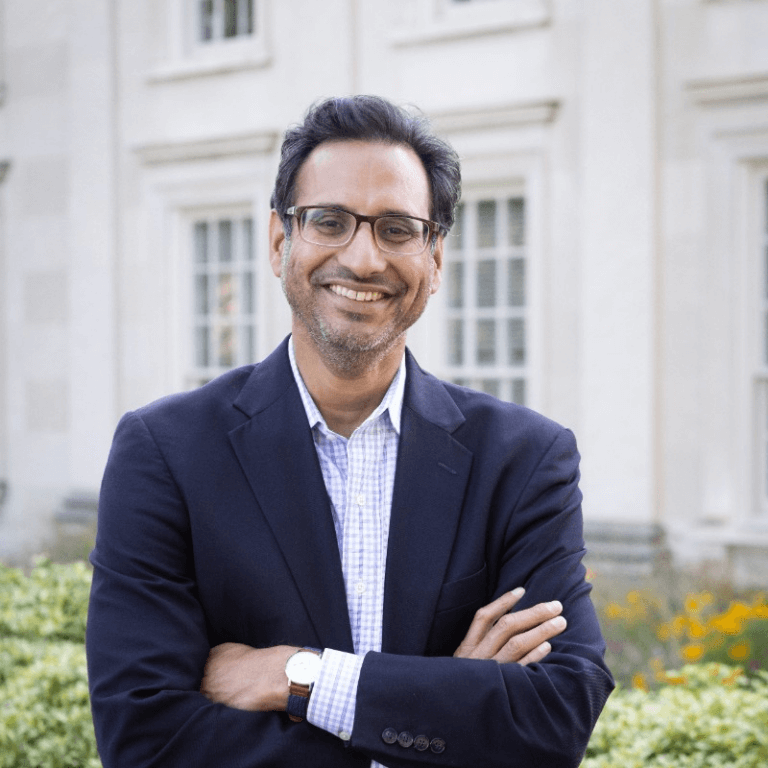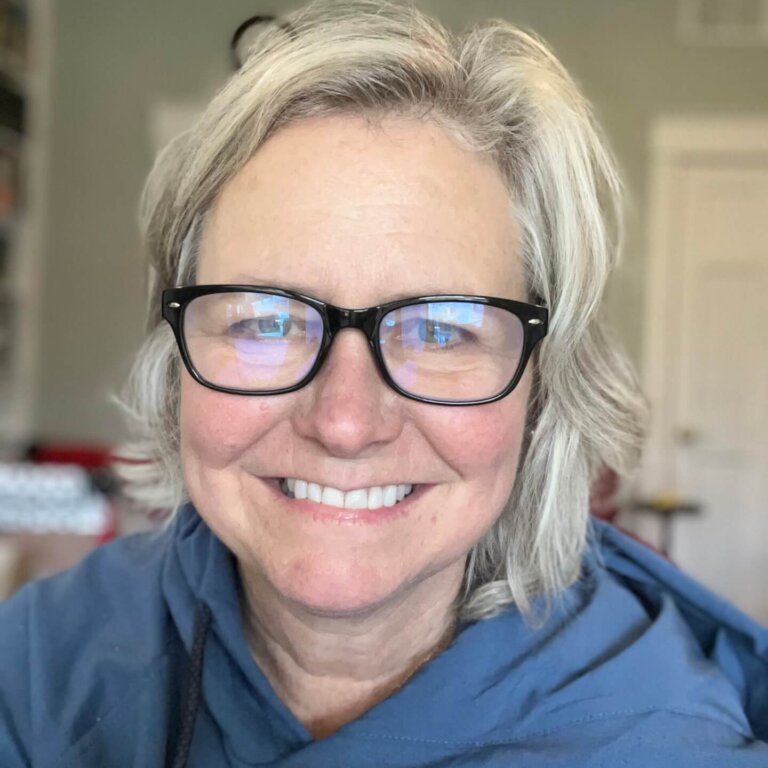Providers are People Too: What it Takes to Support a Resilient and Thriving Health Care Workforce
12:45 pm. – 1:30 p.m.
A robust and diverse health care workforce is key to achieving a person-centered health system that humanizes both patients and providers. This panel delved into the challenges and opportunities our health system faces in building and maintaining a workforce that is not only adaptable but will thrive. Panelists discussed the impact of compassion fatigue and provider burnout heightened by the COVID-19 pandemic, policy and practical solutions for navigating ‘red tape’ in the health care system, and how integrated care and other innovative health care delivery can promote a more sustainable and person-centered health care workforce.
Summit Details
This panel is part of a larger summit event.
As the health care system grapples with unprecedented challenges post-pandemic – from workforce to supply chain shortages, from technological advances to continued health inequities and affordability challenges – will the future of the health care system meet the needs of real people and communities? When “people” become “patients,” what happens?...
Speakers

Atul Grover, M.D., Ph.D.

Gay Landstrom, Ph.D., R.N.

Kedar Mate, M.D.
